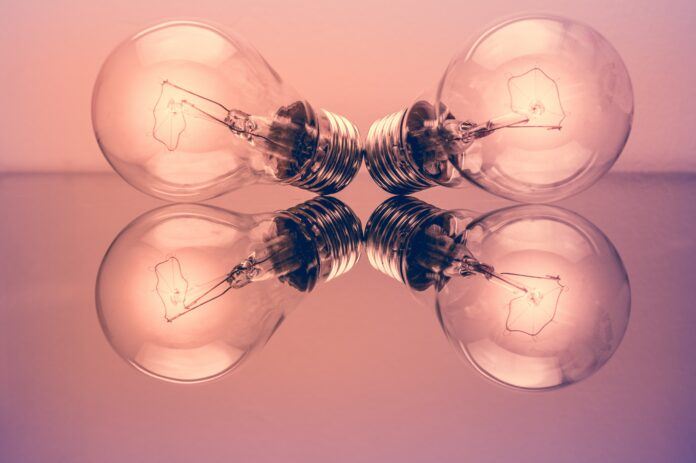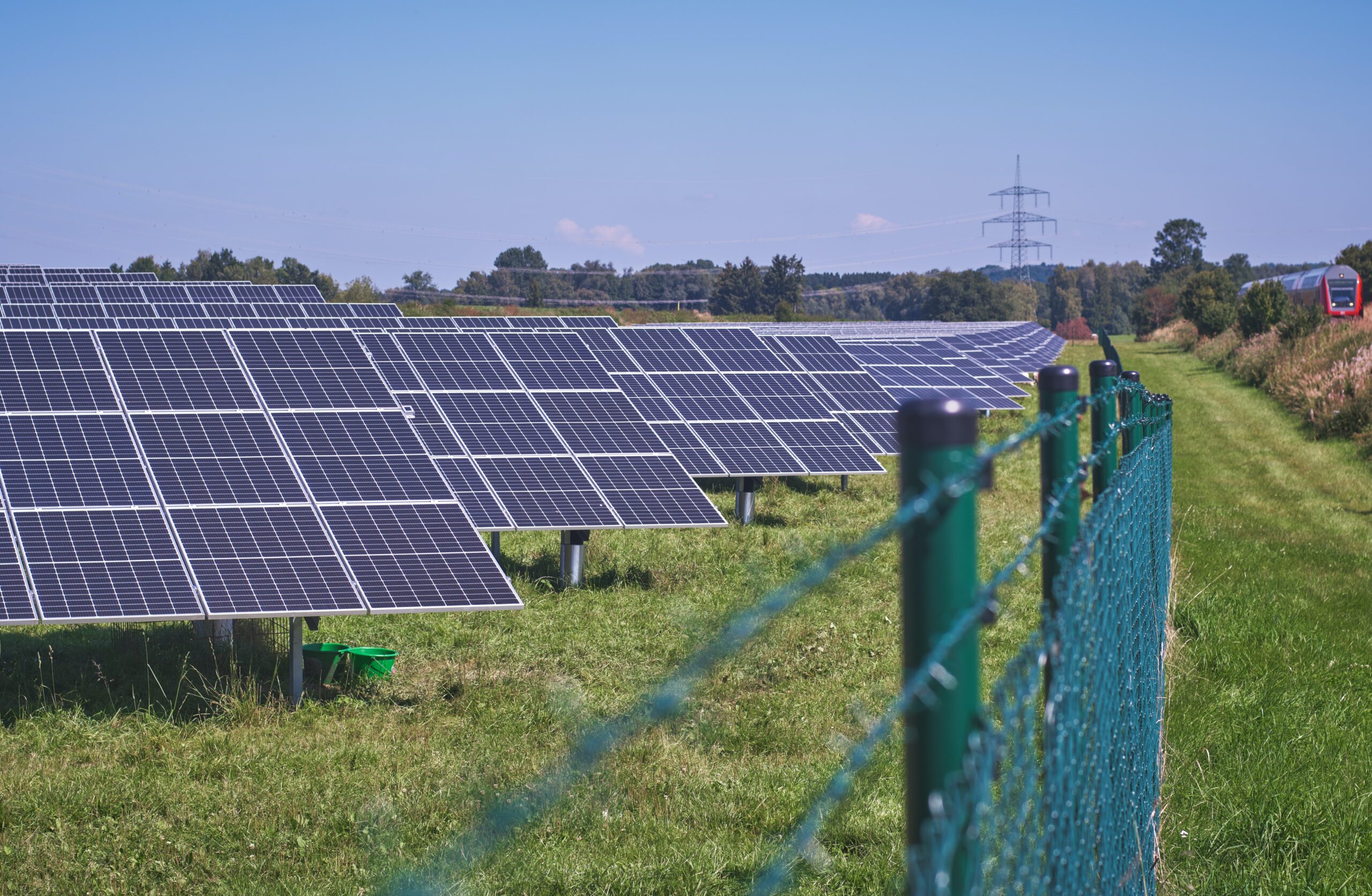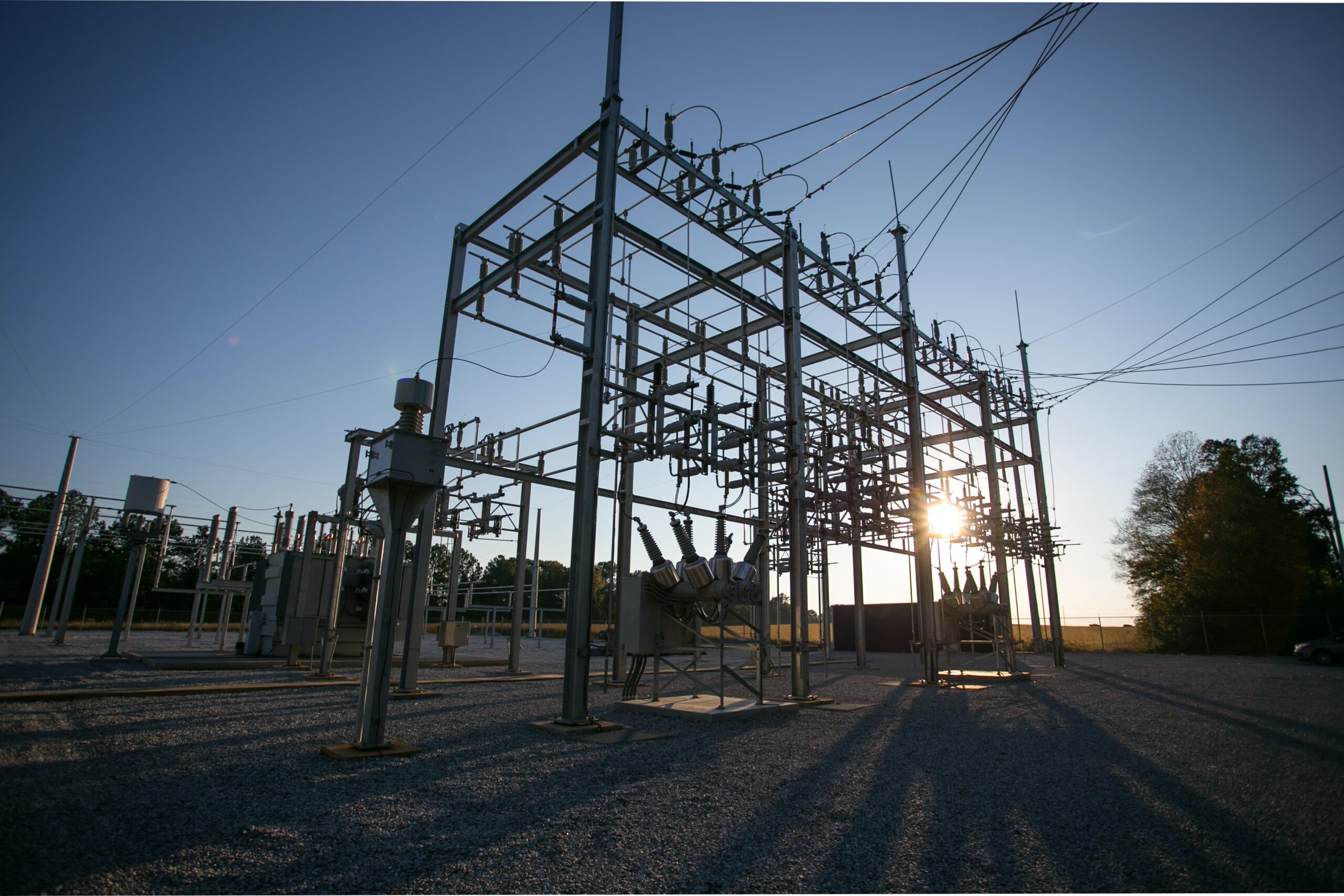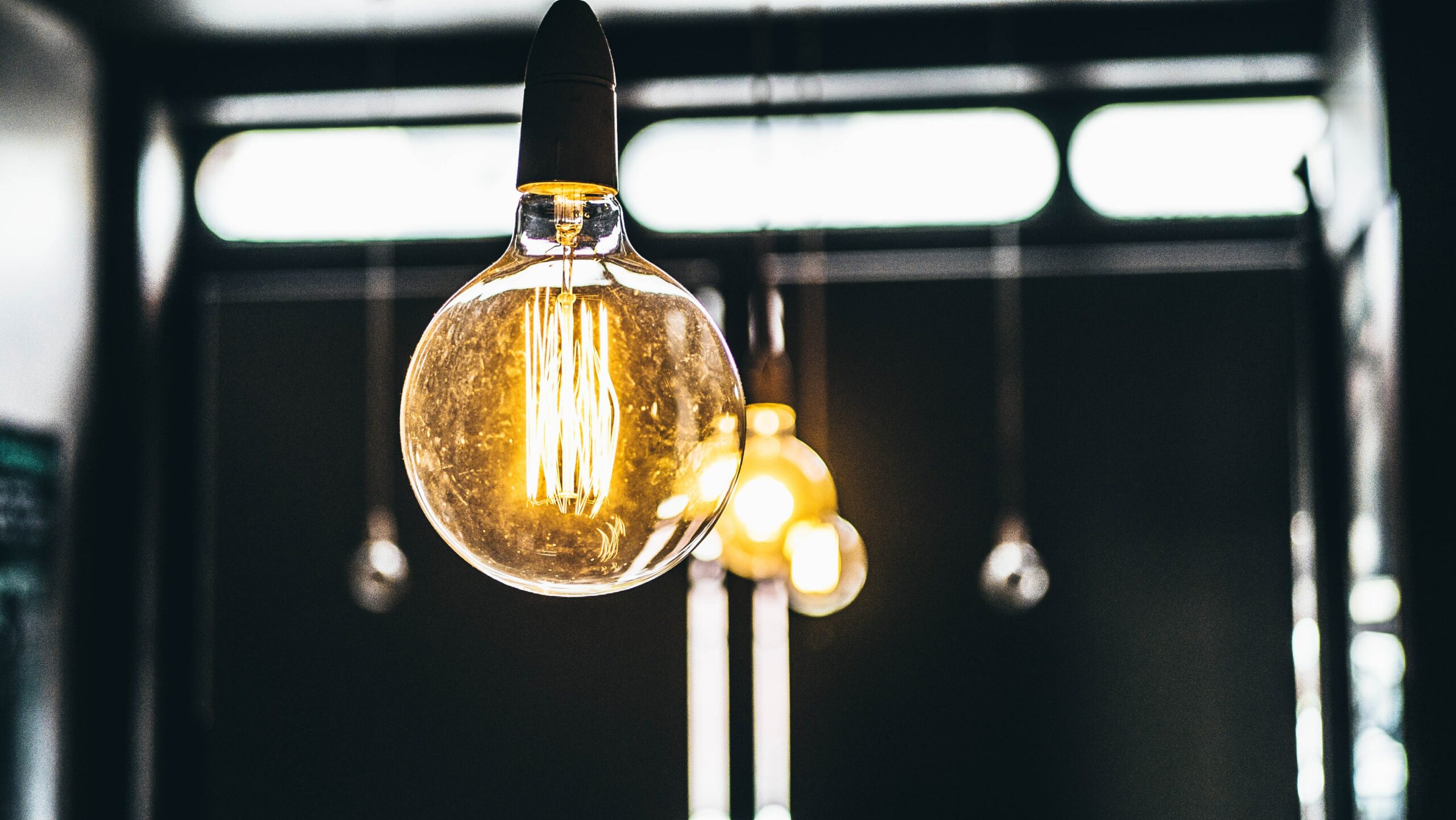An electric energy conservation effort is one in which actions are taken to detect and eliminate wasteful energy use. Simple actions like shutting off the lights when you leave a room could be included in this category. We are using energy-saving appliances and fixtures and unplugging unused appliances when not in use. Every one of us has several good reasons to learn how to conserve energy. When it comes to energy conservation, we need first to comprehend what it means.
What’s the point of saving energy?
To save energy, there are two primary reasons:
Money:
Any energy source will do. Money is required for any energy. The vast majority of this money is spent on wasteful energy consumption. You may save money on your electricity cost by becoming more energy-conscious and reducing inefficient activities.
Environment:
The environment is directly impacted by the way we utilize energy. Because power plants emit more hazardous gases when they burn coal, the less electricity you use, the less they burn. Conservation of the planet’s natural resources and wildlife preservation can be achieved by reducing the amount of energy used. A happier and healthier planet follows as a result.
Ways to Reduce Your Electricity Bill:
Your life won’t be disrupted if you learn how to save electricity. In fact, by making a few tweaks here and there and forming new habits, you can improve your life. If you want to make a change in the world, you can. And you’ll save money as well. To save electricity, these are the tips that you can use.
Take use of low-energy light bulbs for Electric Energy:
All of your lighting should be replaced with CFL or LED bulbs, which consume 25-35% less electric energy.
kitchenware and clothing can be air-dried:
Please don’t use your dishwasher’s drying function to dry your dishes when it comes to laundry and dishes. Laundry can be dried by hanging it outside.
Cook on a burner that’s the proper size:
When cooking, use the stove’s tiny burners for little pots and the large burners for larger pools. Every time you cook, you will use less electric energy.
With solar power, you can save money:
Solar power is a more environmentally friendly option than electricity and gas. It is less expensive (in fact, virtually free) and more environmentally friendly.
Refrigerators should be cooled down:
On average, your refrigerator accounts for 13.7 percent of your home’s total energy consumption. Keeping your refrigerator at 37 degrees Fahrenheit and your freezer at 3 degrees Fahrenheit will save you money on your utility bill. The refrigerator and freezer will use less electricity as a result.
Replace or clean the air filters:
Air conditioners and heaters use the most electricity in your home and account for a significant portion of your monthly electricity bill. When the air filters are clogged, they need significantly more energy to operate effectively. Make a point of cleaning and replacing filters regularly, as instructed.
Coldwater should be used to wash your clothes:
This is a great way to save money on your utility bills by conserving energy. Rather than using hot water to wash your garments, choose the cold option on your washing machine. In this manner, you’ll be able to save $115 per year. Set your thermostat to save energy by using a programmable thermostat. Conserve energy by setting your thermostat to a more cost-effective temperature. You can save up to 10% on your electricity bill by purchasing this environmentally beneficial product.
Use the shades on your windows:
When it gets hot outside, close your shades to keep out the sunlight, but leave them open when it’s cold outside. If you do this, you won’t need a heater or air conditioner.
Whenever you’re not using anything, could you turn it off?
Another simple way to save electricity is to turn off lights when they are not in use. Installing a power strip that can turn off many devices at once can make it much more manageable. In addition, power strips help to transmit energy more efficiently to your appliances, thereby consuming less power. Rectify and correct all house wiring problems. Ensure that any electrical problems, such as electrical surges, burnt-out lights, or continual flickering, are addressed . A well-maintained electrical system produces more energy with fewer repairs like these.
The water heater should be set to the lowest possible temperature:
One hundred fifteen degrees Fahrenheit is the recommended temperature for a water heater in a household with more than two persons. Setting this option will lower the amount of energy required to heat water.
Do your laundry promptly:
When it comes to doing laundry, you’ll save a lot of electric energy if you find ways to do it more efficiently. Using the dryer’s dry sensing feature and cleaning the lint trap between cycles can help.
Older water heaters should be wrapped in an insulating blanket:
Covering an outdated water heater with an insulating blanket can reduce standby heat loss by up to 45 percent. Using this energy-saving tip, you may save anywhere from 4% to 9% on your water heating expenditures.
Reheat leftovers in the microwave or toaster oven:
Conventional ovens typically utilize more energy.
Dishwasher rinse hold should never be used Electric Energy:
It uses 10-15 liters more hot water each time it is used. Water and electricity are saved as a result of this method.
Take a shorter shower:
As you take a shower, you use roughly 20 liters of water every minute. In addition to saving water and energy, a shorter shower will save you money as well.
Set your water heater’s timer:
When you’re away from home or sleeping, your heater will be turned off by a timer. There is no wasted effort.
If you’re going to be away for a few days, you should turn off your water heater:
Do not forget to turn off your water heater at the end of the night. However, regardless of whether a timer is in place, it is still advisable to do so if you know that you will be out for a few days.
Remove battery chargers from their sockets:
When it comes to electric energy conservation, this is one of the most underappreciated strategies. We don’t even know we’re doing it. The chargers should be turned off when the batteries are fully charged or when the chargers are not in use anymore. While charging a smartphone, most chargers take electricity.
These energy saving methods may seem minor at first glance. When every one of us makes an effort, these small steps become enormous leaps, no matter how tiny.








